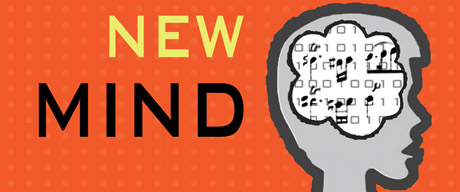Daniel Pink is an american author who has been writing about Design and the right-brainers. On his book –A whole new mind. Why right-brainers will rule the future– he argues about the idea that lawers, accountants or computer programmers (“what our parents encouraged us to become…”, he said) are the professions that represents an old era dominated by ‘left-brainers’ and that the future belongs to “another kind of person with a different kind of mind”.
In a recent interview by Alissa Walker and published in dwell (Talking to DOD Keynote Dan Pink), he praise for Design, with ideas like these:
If you look at the problems we’re facing—the big problems, not the problem of, you know, is company X going to stay in business tomorrow or is someone going to meet their numbers next quarter—if you look at the big problems, they’re design problems.
Or this one, speaking about design literacy:
I don’t mean that everybody has to be a great designer, but everyone has to be literate in it. In the same way I consider it up there with numeracy. That is, to be in business, let alone to be a fully-functioning member of a democratic society, you have to be numerate, you have to know a little math. I think the same thing is true now about design thinking: You don’t have to be a great designer, but you have to be design-literate.
Pink’s ideas can be related to many others but I like to think them in a conversation with complexity, as explained by the French philosopher Edgar Morin (see Seven complex lessons in education for the future), ‘wicked problems’, introduced by Horst Rittel and reincorporated into the design discourse by Richard Buchanan (note: where is Buchanan’s space on the web after leaving CMU’s School of Design…?), the increasing interest on Design shown by philosopers as Bruno Latour (see particularly his keynote for the Design History Conference, ‘A Cautious Prometheus? A Few Steps Toward a Philosophy of Design (with Special Attention to Peter Sloterdijk)’) and also with ideas of great designers as Thomas and Bettina Bley, whose tagline on Zebrains states “an advanced approach to create sustainable value utilising both sides of the brain in an unique mindset.”

